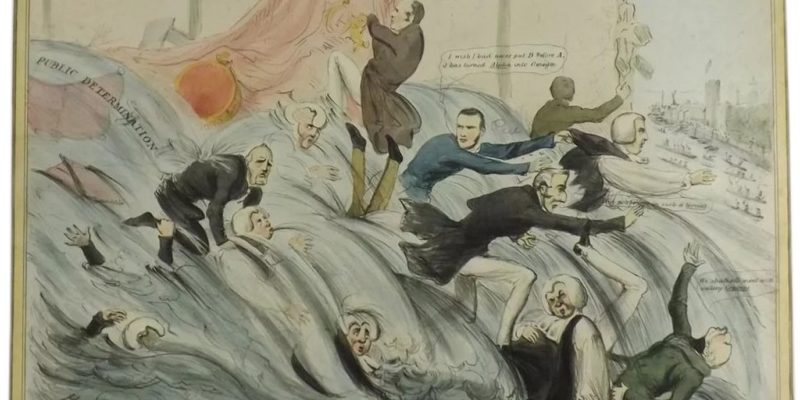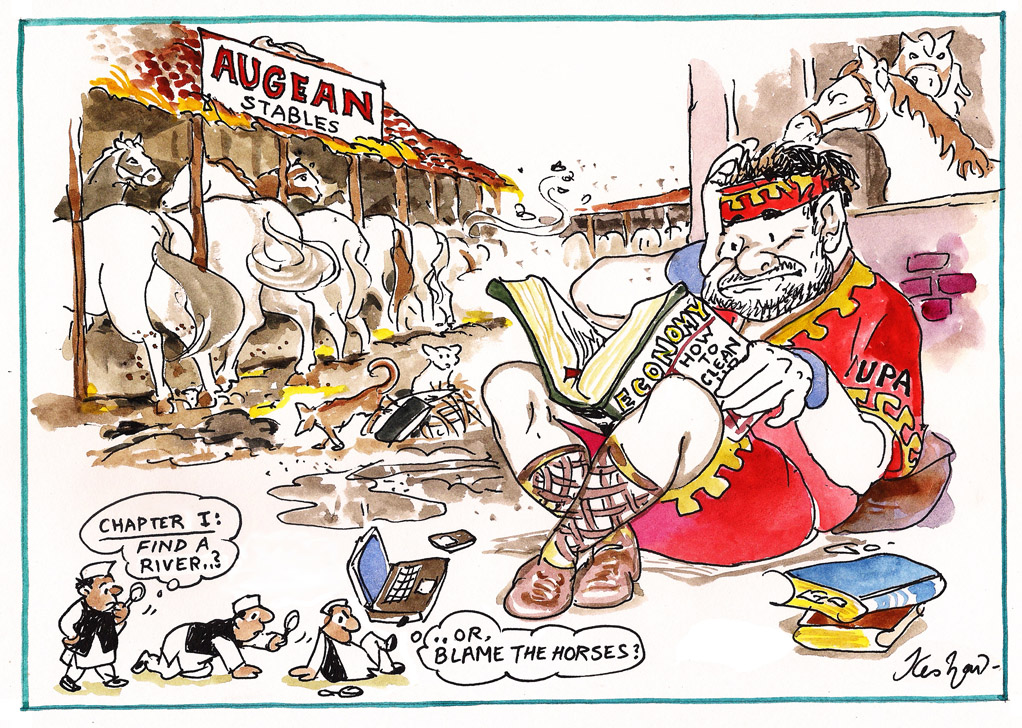Jo Faragher reports for Personnel Today 29th September: NHS Highland faces £3m in bullying settlements
NHS Highland expects to pay out £3.4 million in settlements in response to a review into bullying allegations at the health trust.
The review was commissioned by the Scottish government in 2018 after whistleblowers reported hundreds of complaints and described the culture at the Trust as “bullying”.
An independent review panel has so far assessed 150 complaints and is expected to pay the complainants more than £2 million in settlements. Two of the settlements came in between £60,000 and £95,000, and 61 were smaller pay-outs of between £5,000 and £15,000.
In a report to the Trust’s board meeting this week, it was revealed the final settlement is likely to be around £3.4 million.
The review was led by John Sturrock QC, who received submissions from 340 people across different departments and trusts at NHS Highland. More than 280 staff took part in face-to-face interviews or sent in written submissions.Two-thirds of these submissions involved experiences of bullying, the review found.
Employees reported raising concerns regarding patient safety, and the review concluded that “many described a culture of fear and protecting the organisation when issues are raised”.
It made a number of recommendations, including educating staff on the impact of bullying and providing an independent and confidential whistleblowing mechanism.
Brian Devlin, one of the whistleblowers and former director of corporate affairs, said it was “heartening” that the payouts were emerging as “the results of a healing process”.
But he told BBC Scotland that bullying persists at the health trust and he continued to have concerns.
NHS Highland responded that it did not tolerate bullying, describing its follow-up as a “unique and bespoke process, developed to support people in recovery”. This includes not only the financial payments but access to therapy and apologies.
Fiona Hogg, director of people and culture at NHS Highland, told the BBC: “The nature of the process is that it hears the participants’ perspective and account only, it doesn’t seek to allocate fault or blame, so it’s entirely different to internal processes and tribunals, which seek to establish that. It’s all about healing and what will best aid that process.”
NHSreality posts on bullying in the health services.
NHSreality posts on gagging in the health services





